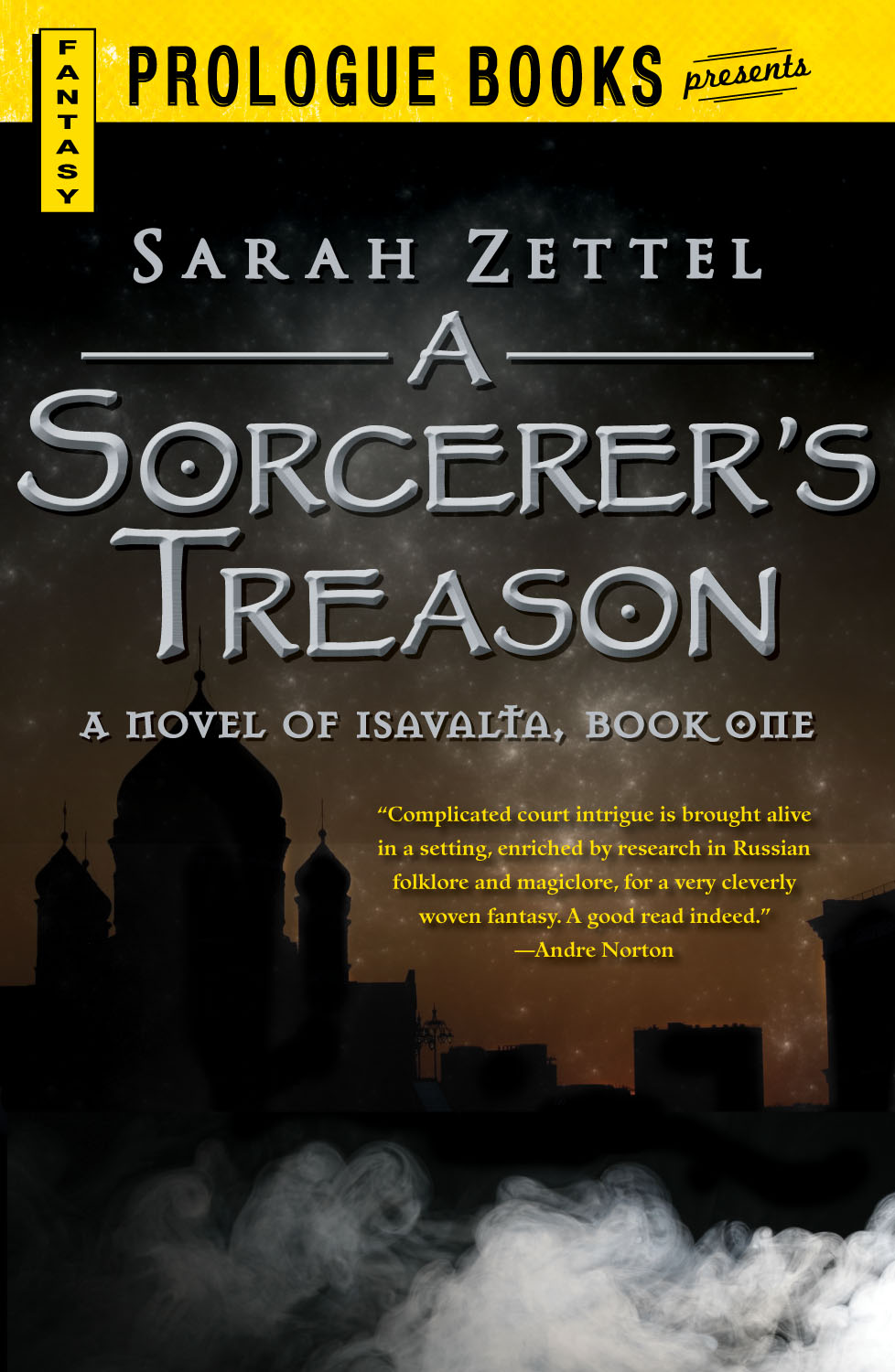4.5 out of 5 stars
Read in March 2013

I subscribe to numerous SFF RSS feeds and e-mail newsletters. I skim them as time allows, usually when I’m rubbing the sleep out of my eyes in the pre-dawn darkness on my smartphone or ereader tablet. Back about six weeks ago, in the middle of February, I stumbled across an article on Tor’s web site entitled Forgotten Classics: Joy Chant’s Red Moon and Black Mountain by Erin Horakova. After reading her erudite and articulate review, I immediately went hunting for a copy of this classic to read for myself.
I tapped into my local libraries’ catalogs and grumbled to myself that no copy existed within a couple of hundred miles. I knew better than to hope for an ebook edition, since I knew from Erin’s article that the book had been out of print for some time. I didn’t want to buy a used copy, as I’m trying to avoid adding to the clutter at home, so I returned to my favorite local library, the Kansas City Public Library, and sent in an ILL (interlibrary loan) request, promptly forgotting I made said request once I closed the web page. A couple of weeks later, I received a phone call from the Library letting me know my request was waiting at the Plaza branch. I quickly retrieved it, as all ILL loans are immediately checked out to library patrons upon receipt and the time was already ticking on my loan period.
I read the book over the course of two weekends, bracketing the last week in March. I found Chant’s prose enthralling, her worldbuilding transcendent and her characterization enlightened. I soaked in elements of epic and high fantasy and reminisced about other parallel world fantasies I’d read in my youth (Lewis’ Narnia series; Cooper’s The Dark is Rising; Hambly’s Darwath series; and to a lesser extent classics like Burrough’s John Carter and Carroll’s Alice in Wonderland).
I try to note while reading books any phrases that resonate through my status updates on my GoodReads feed. Since I happened to be reading a print edition, instead of an ebook edition, this task proved slightly more difficult and inconvenient, which translates into skipping many excellent references to avoid disrupting the rapport I experienced while reading Chant’s story. This quote, however, stood high above the rest, and came within a few pages of the end:
And have men sunk so far, that the best they can hope for is innocence? Do they no longer strive for virtue? For virtue lies not in ignorance of evil, but in resistance to it.
The perfect moment from a near perfect ending and completely apropos, encompassing all that had gone before. I refuse to spoil the story further for you and ask that you give this forgotten classic a chance. I predict you will be pleasantly surprised.
 Backscatter by Gregory Beneford
Backscatter by Gregory Beneford








